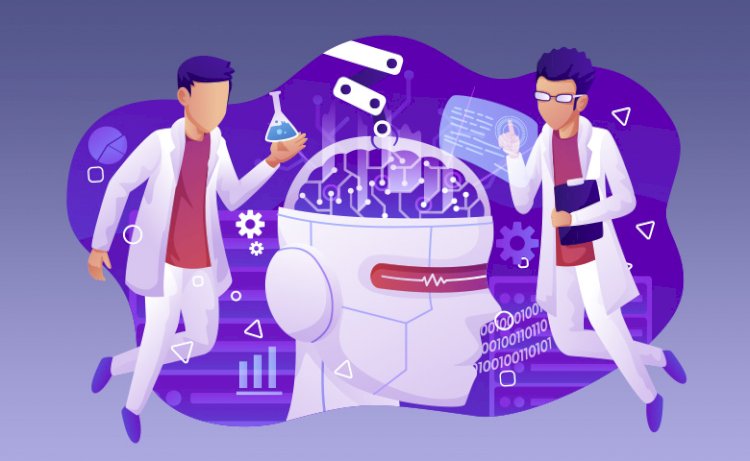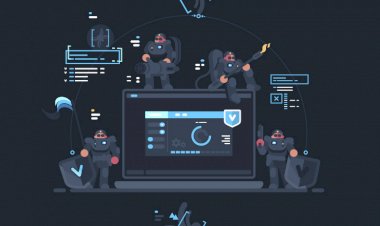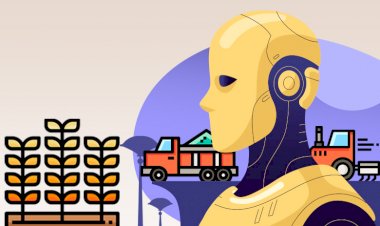Can AI Create a More Moral World for Everyone?

As the technology develops, artificial intelligence (AI) is rapidly changing our society and raising a lot of ethical issues. The potential impact of AI on social justice is one of the most important issues. AI has the potential to greatly improve our lives, but it also has the potential to reinforce prejudices already in place and perpetuate social inequalities.
The criminal justice system is one area in which AI is being used. Machine learning is used, for instance, in predictive policing algorithms to analyze crime data and pinpoint locations where crimes are most likely to occur. While this technology can aid in crime prevention, it also runs the risk of overpolicing marginalized communities and aggravating pre-existing biases in the criminal justice system.
Hiring and recruitment are two more areas where AI is in use. To review resumes and find the most qualified applicants for a position, machine learning algorithms can be used. On the other hand, if the algorithm is developed using biased data, it might reinforce existing workplace disparities and prejudices.
AI is also being used in healthcare to diagnose patients and analyze patient data. Although this technology can enhance patient outcomes, it can also exacerbate current biases in healthcare. For instance, if an algorithm is trained on information that is biased against particular groups, it may provide inaccurate diagnoses or suggest the wrong course of treatment.
It's critical to develop AI in a transparent, objective, and equitable manner in order to address these ethical issues. This necessitates a dedication to fairness and a readiness to address any potential biases and inequities that may result from AI. To ensure that the technology is inclusive and equitable, it also calls for the participation of diverse voices in its development and application.
In conclusion, while AI has the potential to greatly improve our lives, it also carries the risk of perpetuating social injustices and strengthening preexisting biases. Investigating AI's ethical implications and developing the technology in a transparent, impartial, and equitable manner are crucial steps in the development of a more just society through technology. It is essential that we make efforts to ensure that AI is used in a fair and just manner as it develops.
By Pooyan Ghamari, a Swiss economist visionary who is exploring the ethical implications of AI

 content-team
content-team 


















